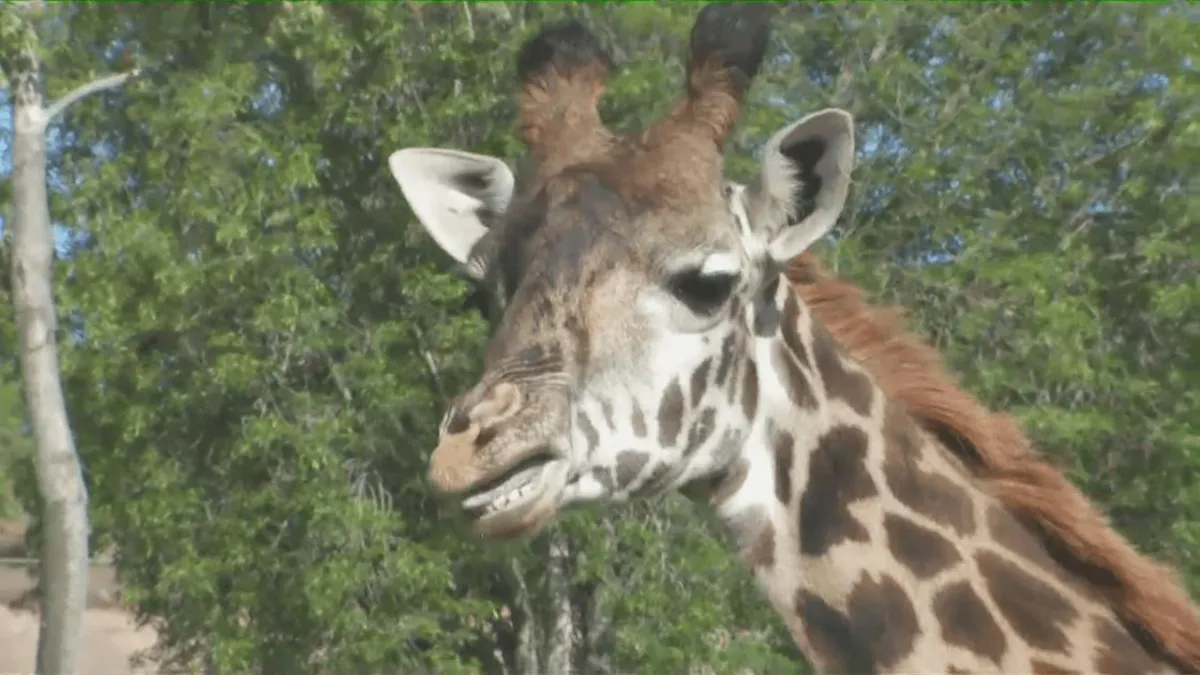
A third individual in the remote town of Mammoth Lakes, California, has succumbed to hantavirus, a potentially fatal illness. This unfortunate news follows the earlier death of Betsy Arakawa, the wife of actor Gene Hackman, due to the same disease earlier this year. Mono County Health & Human Services issued a statement on Thursday confirming the death of a young adult from this illness.
Dr. Tom Boo, the public health officer for Mono County, indicated that there is currently no clear understanding of how this young adult contracted the virus. “The home had no evidence of mouse activity. We observed some mice in the workplace, which is not unusual for indoor spaces this time of year in Mammoth Lakes,” he stated. Dr. Boo noted that there were no identifiable activities in the weeks leading up to the illness that might have increased the individual's exposure to rodents or their droppings.
Hantavirus is a viral infection typically spread through contact with rodents or their urine and feces. Notably, it does not transmit between humans. While there is no specific treatment or cure for hantavirus, seeking early medical attention significantly enhances the chances of survival. According to Dr. Sonja Bartolome of UT Southwestern Medical Center in Dallas, the infection often presents initial symptoms similar to the flu, including body aches and a general feeling of malaise.
The virus can escalate into a severe lung infection known as hantavirus pulmonary syndrome, as reported by the CDC. All three fatalities in Mono County were linked to this syndrome, which is primarily transmitted by deer mice. Dr. Boo highlighted that deer mouse populations are believed to be high this year in the Mammoth Lakes area, increasing the risk of hantavirus exposure.
Interestingly, health officials noted that none of the three deceased individuals engaged in typical activities associated with hantavirus exposure, such as cleaning poorly ventilated areas filled with mouse waste. Instead, they may have encountered the virus during routine daily activities in their homes or workplaces. Mono County Health & Human Services revealed that all three residents began experiencing symptoms in February. While there was some evidence of mice in their workplaces, major infestations were not reported, and one individual had numerous mice in their home.
Experts emphasize that minimizing contact with rodents and their droppings is crucial in preventing hantavirus infection. It is recommended to use protective gloves and a bleach solution when cleaning up rodent droppings. The CDC has been monitoring hantavirus since a significant outbreak in the Four Corners region in 1993. Since then, most cases in the U.S. have been reported in western states, including 78 cases in California between 1993 and 2022.
While hantavirus is not uncommon in Mono County—with 27 cases reported since 1993—such cases are typically seen in late spring or summer. The three reported cases this year are considered "strikingly unusual." Prior to these incidents, Mono County had not seen any hantavirus infections since 2019. Alarmingly, approximately one-third of those who contract the virus do not survive.
Last month, authorities confirmed that Betsy Arakawa, aged 65, died from hantavirus pulmonary syndrome. Investigators are still unclear on how she might have contracted the virus. Following her passing, Gene Hackman, aged 95, was confirmed to have died from heart disease complicated by Alzheimer’s, just days after his wife's death. Tragically, their dog, Zinna, was also found deceased due to starvation and dehydration.
This series of events underscores the serious threat posed by hantavirus and highlights the importance of awareness and preventive measures to protect against rodent-borne illnesses.